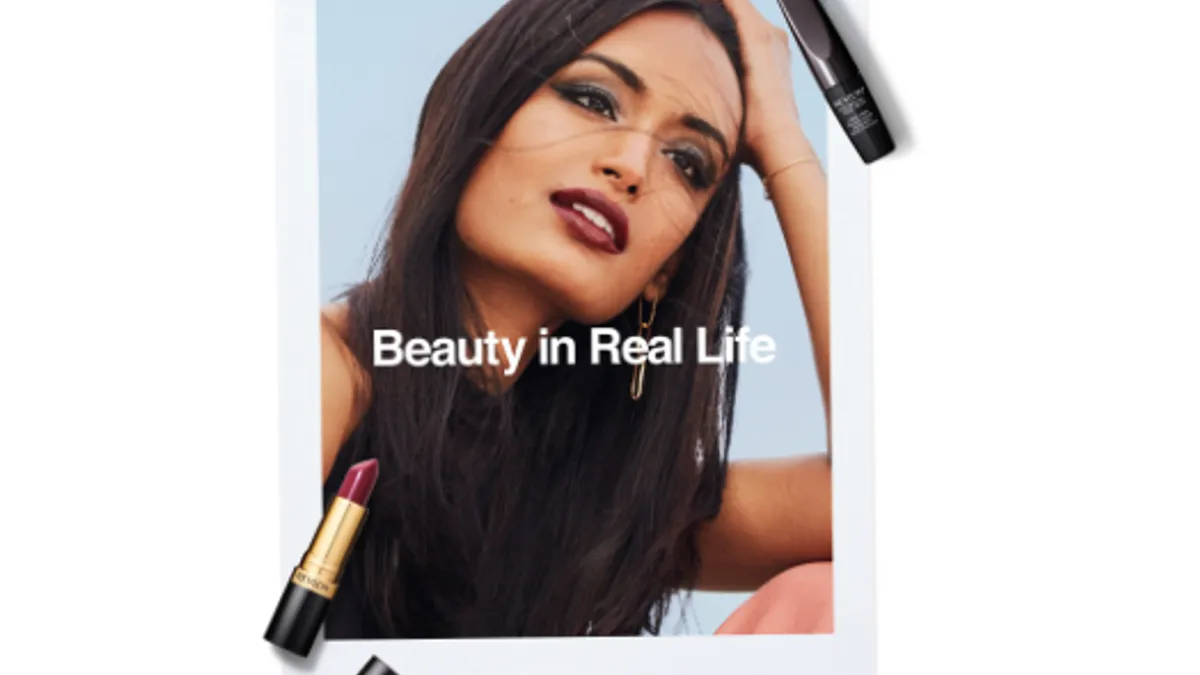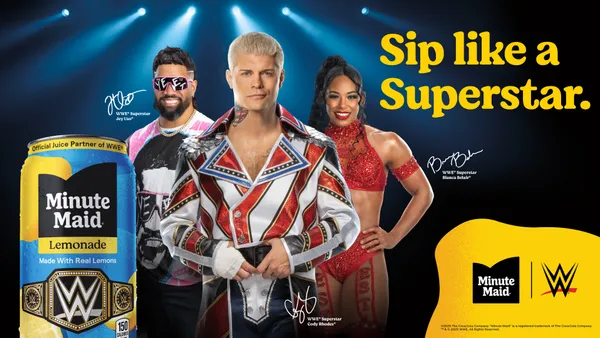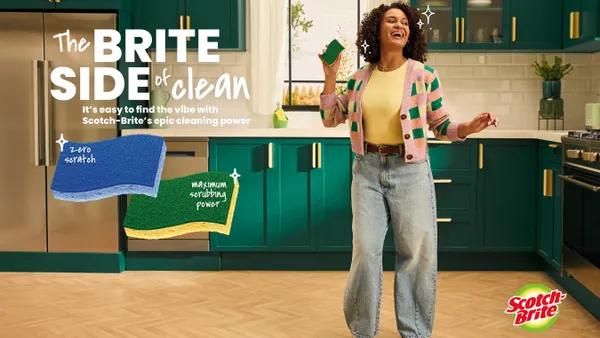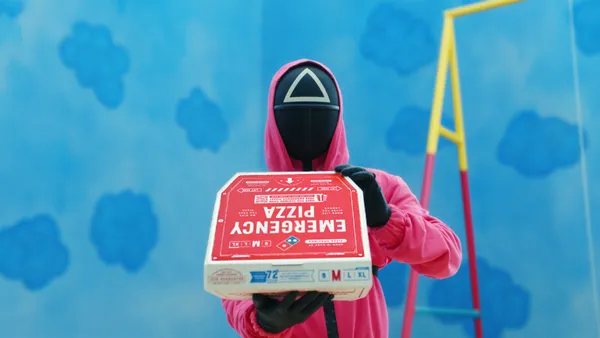Dive Brief:
- CVS Pharmacy launched "Beauty in Real Life," its first campaign featuring unaltered images, a news release announced. The campaign includes digital, print, social media, out-of-home and TV and will run through June.
- CVS introduced new standards for post-production photo alterations in January. The imagery for the new marketing push will contain the "CVS Beauty Mark," a watermark stating that the image hasn't been materially brushed up.
- The campaign, directed by Kate Keene with photography by Mei Tao, highlights real, diverse women representing and how they use beauty in their lives. The visuals show a woman riding the bus to work, a mom getting ready for the day with her daughter watching and real moments of shared beauty when friends get ready for a night out.
Dive Insight:
CVS Pharmacy is recognizing a growing, broad demand among consumers for greater authenticity and transparency in marketing, and particularly how brands depict beauty and women. In announcing plans to stop brushing up its images, the retailer is striving to make a greater impact on the advertising industry as a whole. It's urged others like Revlon, L'Oreal and Johnson & Johnson to join the initiative and worked with major beauty brands to define what "materially altered" means and develop guidelines along those standards. By 2020, CVS plans to exclusively use unaltered images across its beauty segments.
Standard Black, the agency that produced CVS' content, held a nationwide search to cast real women representing diverse beauty for the effort. The company also hired a female director, identified via Free the Bid, an initiative aimed at creating more opportunities for female directors. More grounded, realistic creative that takes this approach, along with offering gender-positive messaging, has proved resonant with consumers in the past, as demonstrated by the success of something like Dove's long-running Real Beauty platform.
Thirty-six percent of consumers say they like brands more when their ads go against stereotypes, and 25% said they'd more likely to purchase from those brands, according to a Choozle study. In an internal analysis, Facebook found that 79% of women and 75% of men favor brands that promote gender positivity, and consumers overall feel 8% to 10% more positively toward brands with gender-positive messaging.














